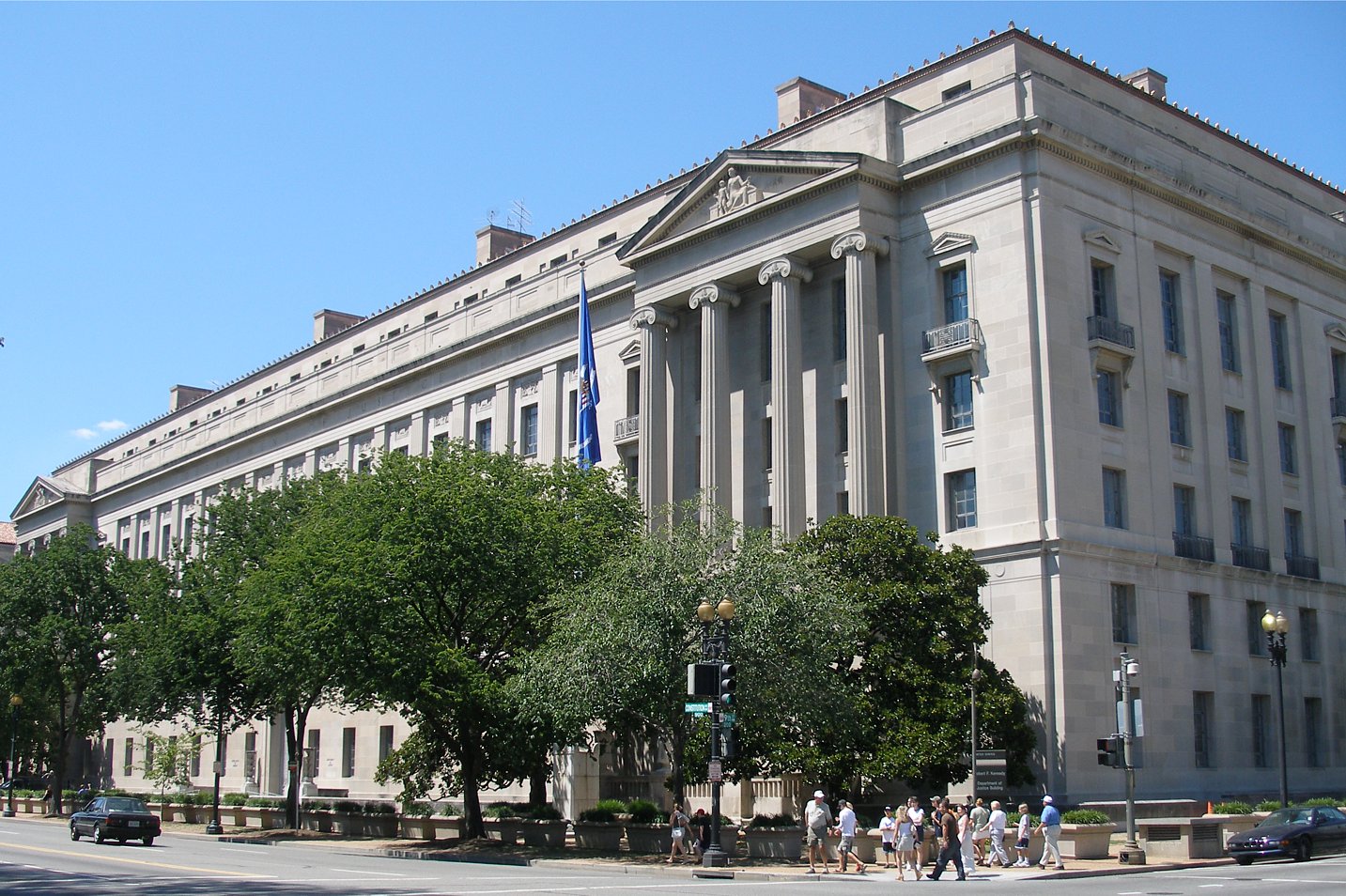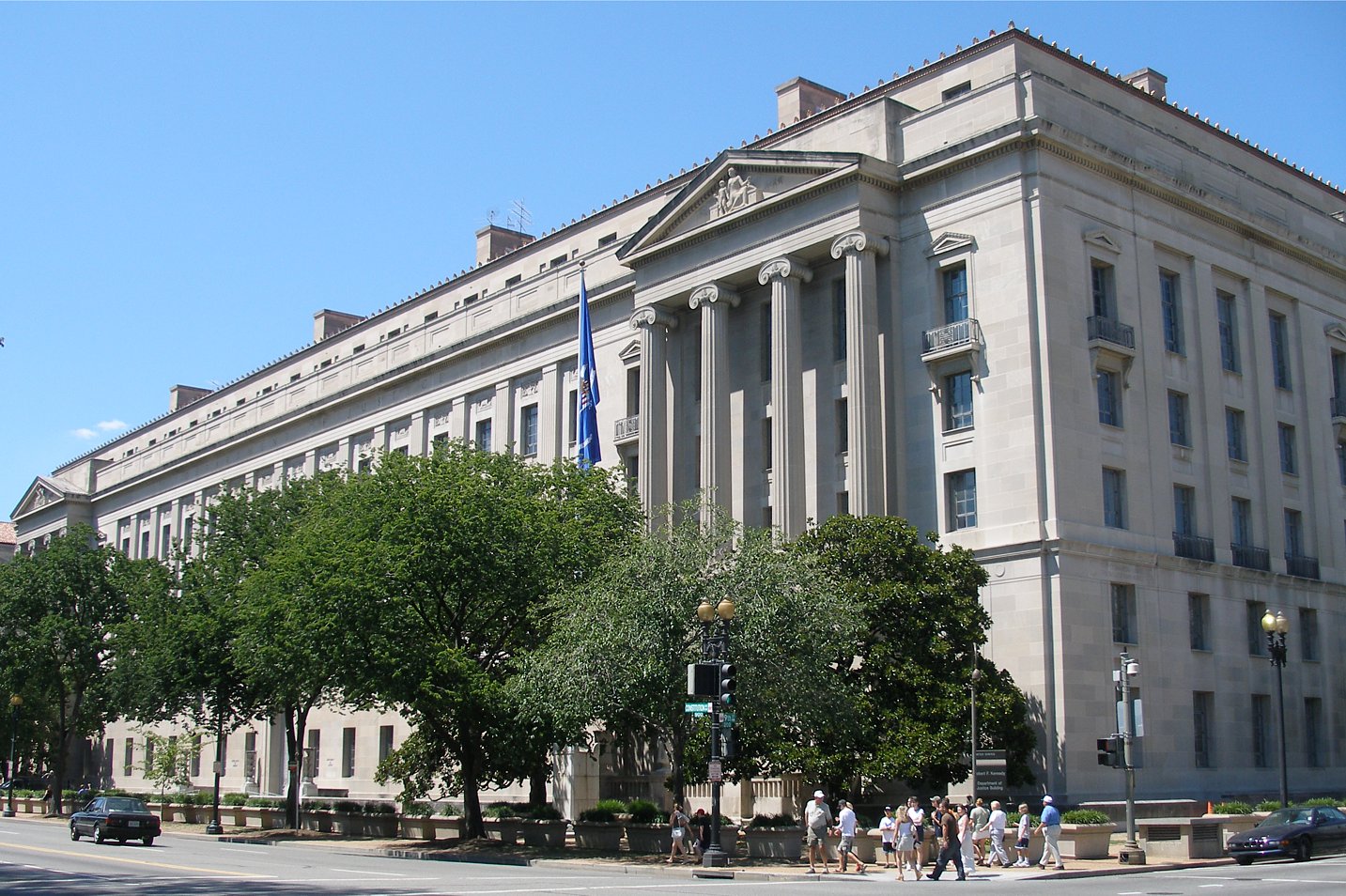The Situation: The Talented Mr. Bove
He’s got all the skills, and none of the ethics, needed for service on the bench.

Published by The Lawfare Institute
in Cooperation With

The Situation on Monday considered the bombing of Iranian nuclear facilities.
Today, let’s consider the nomination of Emil Bove III.
I have written about judicial nominations for many years and in a number of different capacities. I have never confronted a nomination quite like Bove’s to the Third Circuit Court of Appeals.
Normally, a nomination controversy falls into one of two categories. Either the party opposing the nomination considers him or her to be too ideologically extreme for service on court in question or they consider him or her to be unqualified in some material respect.
Bove is neither unqualified nor ideologically objectionable.
As to his qualifications, they are in every formal sense picture perfect. A longtime prosecutor in the country’s most elite federal prosecutorial office, he has also defended a major white collar case. He has clerked in the right sort of places. All the usual stuff.
He is also a genuinely terrific lawyer—at least as far as the technical skill of lawyering goes.
I spent six weeks last year watching him during the Trump trial. It was a pleasure to see him argue any motion. His cross-examination of at least one prosecution witness left nothing of the man when Bove was done. His facility with the relevant precedents and his rapport with the judge, under trying circumstances and with a client whose behavior rightly infuriated the judge daily, was genuinely impressive. Frankly, it was a relief every time Bove stood up, rather than Todd Blanche—Trump’s lead attorney and currently Bove’s boss at the Justice Department—whose argument style was belligerent and red-faced and often non-substantive. Put simply, Bove is a man of formidable talent; intellectually, he is more than capable of being a first-rate federal appeals court judge.
Nor is Bove’s problem that he’s “too conservative” or otherwise ideologically extreme. Indeed, ideology with the man would actually be comforting, actually. It would be a sign that he believes in something—anything—other than punishing those against whom he harbors grievance or who stand between his new patron and power. Ideology, in its own way, can be constraining.
To the extent Bove articulates views, they are fairly conventional. He is not a man who has written law review articles or think tank reports outlining extravagant positions on constitutional interpretation, reproductive rights, or the administrative state. To the extent his writings reflect political views, in fact, those views are sufficiently conventional and so apparently at odds with his conduct in office that at his hearing, a senator asked whether he still stood by them.
Bove’s problem, and it should be a prohibitive one for his nomination, is something else—something deeper and more tectonic than either what he believes or his qualifications and talents. The problem is actually hard to articulate without lapsing into ad hominem. But let’s just say that wherever Bove has gone professionally, ethical questions have followed.
The ironic exception here is his defense of Trump—several of whose other lawyers have ended up disbarred or prosecuted. While the defense made a number of arguments in that case that were, in my view, over the line factually, in the main, I thought Bove conducted himself appropriately. And as I say, he was the standout star of the defense.
That would give him perhaps the distinction of being the only lawyer in the world for whom representation of Trump has been an ethical high-point. Because Bove’s career at the Southern District, as yesterday’s hearing revealed, featured allegations of abusive management and temper issues, supervisory lapses that led to failures of disclosure to defense attorneys, and complaints by opposing counsel to his bosses about his being out of control.
And all that was before he became acting deputy attorney general—and, following Blanche’s confirmation, the deputy’s top aide.
Bove’s tenure at Main Justice has been characterized by a Jacobinism unlike anything I have seen in my 30 years of watching the Justice Department. This has shown itself not merely in the purge Bove has led at Justice—Bove objected yesterday to the use of the word “purge” at his hearing, but I’m going to use it anyway—but in the arguments he has advanced in the course of running his brief but ferocious reign of terror.
Most of the attention has focused so far on the explosive allegations by Erez Reuveni, a longtime career lawyer who was removed after Reuveni was a little too candid with a court about the administration’s defiance of that court’s order respecting deportation flights under the Alien Enemies Act. In brief, Reuveni alleges that Bove ordered that the deportation flights—now the subject of contempt litigation—take off no matter what and that the government should be prepared to defy court orders to the contrary. He also allegedly insisted on misrepresenting material facts to the court.
Bove yesterday denied many—though not all—of the factual claims Reuveni levies against him. And let me be clear: I see no reason not to believe Reuveni to the extent their claims conflict.
It should be unthinkable, needless to say, for the Senate to confirm Bove without at least hearing from Reuveni, who is accusing the nominee of serious ethical misconduct and whose story meshes well with the public record. What’s more, if Reuveni is telling the truth in his lengthy and detailed whistleblower complaint, Bove almost certainly lied to the committee yesterday.
But let’s assume for a minute that Reuveni is merely, as the Justice Department claims, a disgruntled former employee and that he is lying about Bove’s unimpeachable conduct. This would actually change nothing—the public record being so full of ethical outrages by Bove in government over the past six months that one doesn’t need Reuveni’s shocking allegations to conclude that the man is simply unfit for the federal bench.
Let’s start with the Eric Adams case, where Bove promises he did not order the dismissal of that case on the basis of quid pro quo deal with the New York mayor. Even if he didn’t—and the court wrote that the whole matter drips of such a deal—there is no question that he argued that the government should get to drop the case even if there were. There is no question that he ordered the dismissal of a concededly merited case for purely political reasons over the objection of the prosecutors. And there is no question that the prosecutors in question resigned over the matter and considered Bove’s conduct unethical and said so in no uncertain terms.
Then there’s the firings of U.S. attorney office prosecutors who worked on Jan. 6-related matters. Bove argued yesterday that these were simply dismissals of probationary employees out of concern that the prior administration had embedded political actors within the judiciary. This is not a defense. Firing career people because they are politically unreliable in the absence of a specific suggestion that they did something wrong defies the whole concept of a civil service.
And in any event, it doesn’t explain the retaliatory firing of the career officials—many of them long-serving and decidedly not probationary—who had the temerity to work under Special Counsel Jack Smith. These men and women, including Lawfare Public Service Fellow James Pearce, were dismissed summarily in overt retaliation for their work on the Trump investigations and prosecutions.
Nor does it explain the ongoing purge at the FBI, which Bove yesterday denied supervising but which has involved demands by him that Bureau leadership provide information about agents who have worked on Jan. 6 investigations.
In short, Bove’s fundamental problem as a nominee is that there is simply no reason to believe him ethically or morally capable of fulfilling the judicial oath Trump has nominated him to take. His career, particularly the least six months of it, have been marked by an unmistakable trail of allegations—many of them not meaningfully in contest—of conduct simply unacceptable in a federal judge.
They are also unacceptable, by the way, in a senior Justice Department official. But that’s a bridge the Situation has already allowed Bove to cross.
The Situation continues tomorrow.





